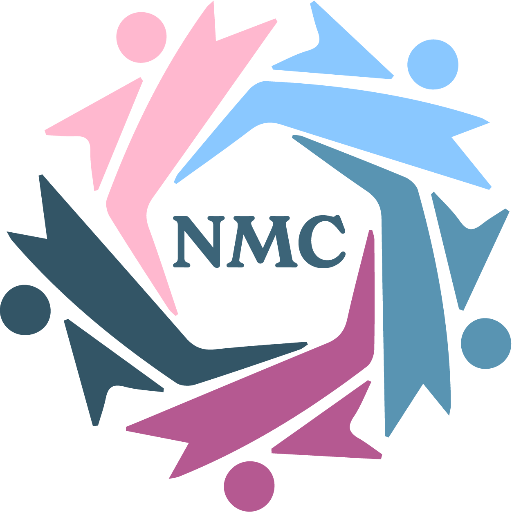- What is mediation?
- Are Agreements Binding in Court?
- How long does mediation take?
- How much does mediation cost?
- What happens if we don't reach an agreement?
- Can my lawyer participate in mediation or facilitated decision-making?
- Do mediators/facilitators meet with participants separately?
- Does the mediator take sides in a dispute?
- Do mediators offer advice?
- What is the difference between mediation, arbitration, facilitation, and negotiation?
- Do you have a grievance policy?
- How do I become a mediator?
-
What is mediation?
Mediation is a process in which a trained mediator assists the disputing parties to communicate and to make voluntary, informed choices in an effort to find a mutually acceptable resolution to their dispute. The mediator strives to be impartial, neutral and unbiased. Mediation ethics derive from the mediator's respect for each party's uniqueness, personal and cultural values, dignity, competence, and right to self-determination.
-
Are Agreements Binding in Court?
If the participants reach an agreement, the mediator will prepare a written record of the mutually satisfactory solutions. Generally speaking, parties who make a written agreement to do or not to do something have a contract, enforceable in court as any contract may be. In some situations, especially those related to divorce or post-divorce matters, agreements can and often should be, made orders of the court. This can be done by working with an attorney.
-
How long does mediation take?
A mediation session is typically scheduled in three-hour blocks. The number of mediation meetings depends on the nature and complexity of the situation. Meeting times and length and customized to the specific circumstances of those participating.
-
How much does mediation cost?
The Nebraska Mediation Center determines charges on a per session rate based on a variety of factors such as complexity of the issues and any preparatory work that may be necessary. During your initial conversation(s) with a staff member, your fees will be discussed and an estimate of cost will be determined before proceeding.
As a nonprofit mediation center, the Nebraska Mediation Center will not deny mediation services based on inability to pay. If your income and household size qualify you for a sliding scale fee, your fee will be based on your ability to pay.
-
What happens if we don't reach an agreement?
Even if you are unable to reach an agreement on all of the issues involved in the conflict, you may be able to reach a partial, temporary or trial agreement or set the state for future negotiations. Parties often report that the mediation process helped them clarify and better understand the issues involved whether an agreement was reached or not. If parties to a mediation can not reach an agreement, they can always use other methods to find a solution to the impasse.
-
Can my lawyer participate in mediation or facilitated decision-making?
Lawyers may participate in mediation; however, their role is typically as a consultant or a support and go-to for specific legal information. Participants speak and make decisions for themselves.
-
Do mediators/facilitators meet with participants separately?
Mediators will meet with participants jointly unless circumstances dictate separating the participants to ensure their safety or to improve their communication.
-
Does the mediator take sides in a dispute?
The mediator does not side with any participant. Instead, the mediator creates an atmosphere where participants are encouraged to explain circumstances from their perspective and to learn about the perspectives of others involved. The focus of mediation or facilitated decision-making is on active problem-solving by all participating.
-
Do mediators offer advice?
The Nebraska Mediation Center mediators do not offer legal advice or other opinions. Instead, the mediators allow participants to determine the outcome of their discussion. The focus of mediation or facilitated decision-making is on active problem-solving by all participating.
-
What is the difference between mediation, arbitration, facilitation, and negotiation?
Mediation is the process of working out common solutions between conflicting parties with all parties providing input and agreeing on the solutions.
Facilitation is the process in which a third party (facilitator) aides the group problem solving by assisting with the agenda, dialogue and focusing on the issues in achieving the goal.
Negotiation is the process of give and take working toward building a common solution.
Arbitration is the process of a third party choosing the solution.
In essence:
Mediation by a neutral third party often, if not always, includes facilitation and negotiation.
Facilitation often includes mediation and negotiation.
Negotiation can be mediated and/or facilitated by a neutral third party.
Arbitration requires none of the above. -
Yes. We aim to ensure that all grievances are handled fairly, promptly, and confidentiality. Click the link below to download the full policy.
-
How do I become a mediator?
If you are interested in becoming a mediator, you may contact the Office of Dispute Resolution for information about upcoming Basic mediation training. You may also obtain information from the Nebraska Mediation Association.

